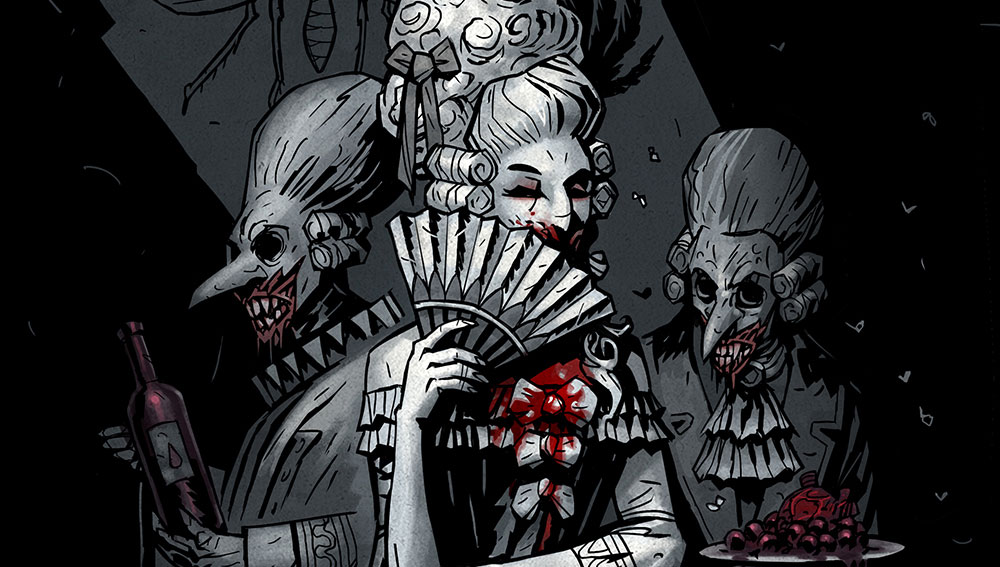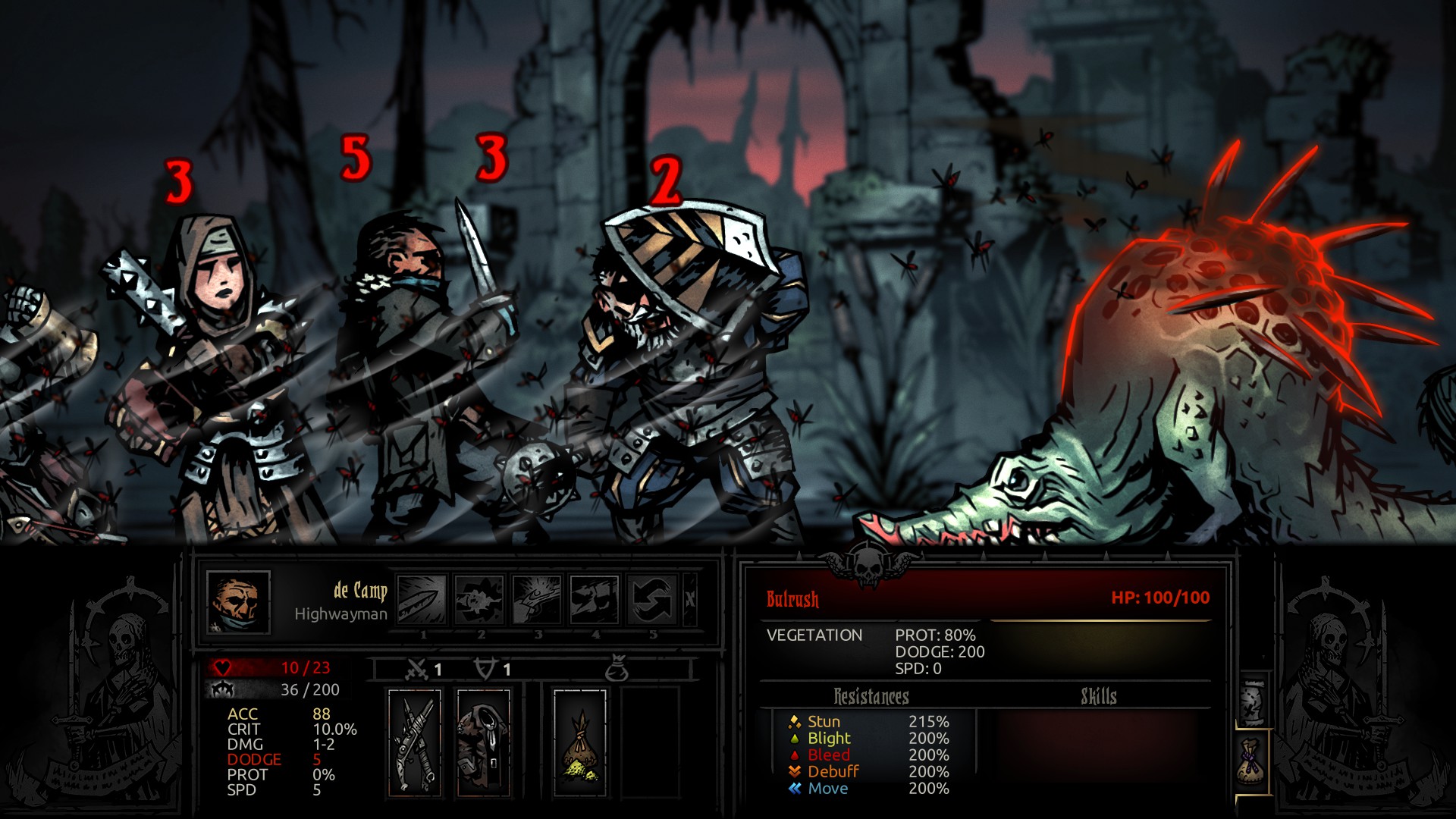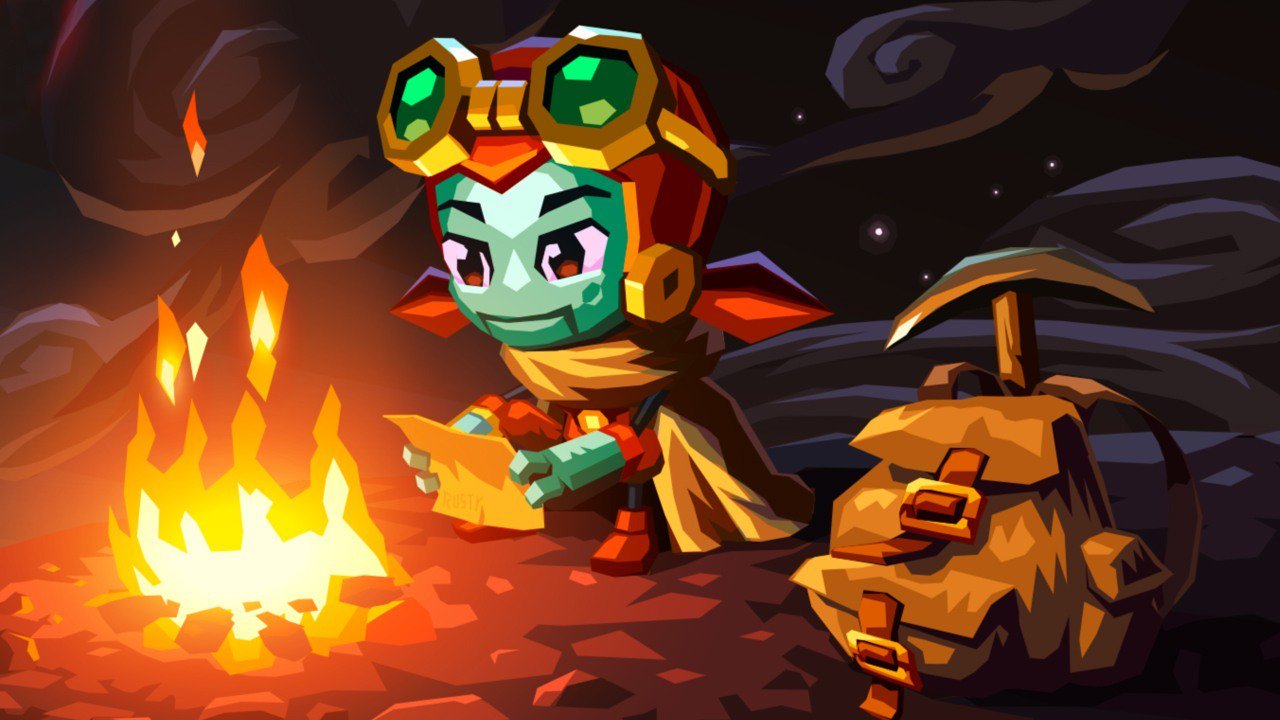Indie veterans on the state of indie games on Nintendo Switch versus Steam
Every indie game and their dog is coming to Switch. Let's talk about why.

The Nintendo Switch was the biggest thing to happen to indie games in 2017. The console is selling like hotcakes and Nintendo has done a better job inviting independent developers this time around, so a wave of predominantly PC indie devs have invaded Switch. Last year, we spoke to a few of those devs about the console's appeal and the potential consequences of its indie gold rush. With more and more indies porting from PC to Switch this year, I reached out to the devs behind a few of the system's most prominent indie newcomers to get a clearer picture of how the console is actually performing for them and how it compares to Steam.
The big question is this: with Steam more overcrowded than ever, are the wide-open fields of the Switch a better alternative? The zeitgeist certainly says so. You can't read an announcement nowadays without finding "Switch please!" in the comments. Hell, tons of people who already own games on PC are clamoring to buy another copy on Switch just so they can bring it with them on their commute. And it's not hard to see why: the system's handheld mode is a perfect match for so many indie games.

"The perfect on-the-go game is something where you don't necessarily need to have a lot of manual coordination," says Tyler Sigman of Darkest Dungeon developer Red Hook Studios. "We thought with Darkest Dungeon being a turn-based game, it would be a perfect fit for that. It's kind of structured as a really good handheld game even though that was never the goal. And it's nice that it's at home on the big screen, too. Kind of an ideal Switch game, accidentally."
You can play any game on the go, sure, but the ideal is a game you can stop quickly and just as quickly pick back up. I can't imagine playing Half-Life on a plane, for instance. Thanks to the popularity of certain genres and the tighter scope that comes from a smaller team, a lot of PC indie games just so happen to offer the modular, bite-sized experiences Switch thrives on. But has that affinity translated into sales?
Is the Switch really as hot as it seems?
"We basically tried not to have any expectations," Sigman says when I ask him about Darkest Dungeon's Switch sales. "We hoped for a lot with Steam because that was what our business was built around and we were running out of money when we launched. With Switch, it was a little more frontier-y. We weren't building the business plan around it. Worst case, it doesn't sell well and we're not out that much. It's been a really nice surprise and now will factor into our thoughts a lot.
On Switch we've sold many times what we've sold on Steam—somewhere between five and 10 times.
Brjann Sigurgeirsson
"Comparing to Steam is always tough because we had a massive Early Access launch. The timelines are years apart. There's a lot of different ways to ask the question. Steam is still the vast majority of revenue but we've been really happy with Switch sales. So far, Switch has been about seven percent of our lifetime revenue. Which is a really great start—like really, really good. We had a spike at launch and it's slowed down a lot, but even though it's slowed down, our dailies on Switch were higher for a time than our Steam dailies. Any time anything is even close to Steam, it's pretty exciting. It's been out for a month and two days and it already accounts for seven percent. That's much bigger than expected. I'm very curious to see how things go with discounts."
Enter the Gungeon has sold over 75,000 copies on Nintendo Switch in just two weeks, surpassing all expectations. Thanks to all the new Gungeoneers, Nintendo and 22nd Century Toys! pic.twitter.com/zYHwPVbMjeDecember 29, 2017
Tommy Refenes of Super Meat Boy developer Team Meat was also surprised by their Switch turnout. "I figured the sales would be slightly better than the Wii U version, which was poor," he says. "I figured it would be worth the cost of a port and would make a small profit. Super Meat Boy has sold well on Switch, but it clocks in at maybe 15 percent of its PC debut in 2010. It's not really a fair comparison because of the age of the game, the time of year the game released, etc. Super Meat Boy's first-month PC sales were just nuts. Switch is nuts for an 8-year-old game. [Xbox Live Arcade's] debut was great too but Team Meat made more money off the Switch version day one than it did on the XBLA version day one."
Keep up to date with the most important stories and the best deals, as picked by the PC Gamer team.
Darkest Dungeon and Super Meat Boy both released on Switch long after they came out on PC, which makes their Switch reception all the more surprising. To get a different comparison, I turned to Steamworld Dig 2, whose PC and Switch versions released just one day apart. Where Sigman and Refenes were pleasantly surprised with Switch, Brjann Sigurgeirsson of Steamworld developer Image & Form was blown away. "On Switch we've sold many times what we've sold on Steam—somewhere between five and 10 times," he says.
Super Meat Boy on Switch first day sales came shockingly close to it's debut on Xbox 360 back in 2010. That's. nuts.January 12, 2018
So yes, PC indie games are selling quite well on Switch, in no small part due to the Switch's relatively small library. Where PC players have the luxury (or chore, depending on who you ask) of choosing from a seemingly endless supply of games, Switch players are actively looking for games—reasons to play with their new toy—which illustrates one of the major differences between the platforms. There's also another big difference: curation.
The Midas Touch
The Switch is currently enjoying a honeymoon with indie games, but it will come to an end. Refenes said it best: "The success we are reading about will draw more attention, which is going to make the [Switch storefront] more crowded, which is going to make some of the smaller devs feel like they are pushed aside."
Sigurgeirsson echoed Refene's sentiments, adding that while Switch is a platform open to indie games, it's not necessarily an indie platform, and its storefront "is still very rudimentary."
Any time anything is even close to Steam, it's pretty exciting.
Tyler Sigman
This is where Steam has an edge. "One of the things I love about the [Steam] storefront is that there is an endless amount of entertainment. You are always missing games that would be perfect for you," Sigman explains. "And one of the things we and other developers love a lot about Steam, and that really changed the whole game over the last years, are the opportunities for re-promotion. In the old model, you launch your game, get a couple weeks of good sales, then you're pretty much dead. We had really good sales on Steam last year and we launched three years ago! I think a big part of that are the sales—the winter sales, summer sales, midweek madnesses. Valve spends a lot of time thinking about how to expose more of the game catalog, and that's going to become critically important on Switch, too."
Every dev I spoke to has experienced remarkable success on Switch and attributes a big part of it to the console's small storefront. But that store will inevitably grow more crowded as more games come to the Switch, spurred on by success stories like these. On the other hand, indies continue to find success on Steam thanks to the structure of its storefront, which regularly reintroduces PC players to good games through big, consistent sales (even as it struggles to weed out the bad and joke games which clog new releases). Both platforms can learn from each other, and as Hope said last year, will likely benefit each other in the long run by nurturing indie development.

Is Switch a preferable alternative to Steam for indie games? For the vast majority of devs, no. It's more that it can be a great home for any game because there are millions of new Switch owners out there who just want games to play, indie or not. It's great to see PC indie games doing well on other platforms, and it's useful to understand where that success is coming from and how it may change in the future as games from both platforms start to share the same space—and, as Refenes puts it, try to solve the same problems.
"The days of one or two games coming out each week and having a store spotlight for an extended period of time are long gone and they aren't coming back no matter how many blog posts we write about it," he says. "We need to accept that it's going to be crowded and figure out how to survive. That goes for all digital storefronts, not just Nintendo's."

Austin freelanced for PC Gamer, Eurogamer, IGN, Sports Illustrated, and more while finishing his journalism degree, and has been a full-time writer at PC Gamer's sister publication GamesRadar+ since 2019. They've yet to realize that his position as a staff writer is just a cover-up for his career-spanning Destiny column, and he's kept the ruse going with a focus on news, the occasional feature, and as much Genshin Impact as he can get away with.

